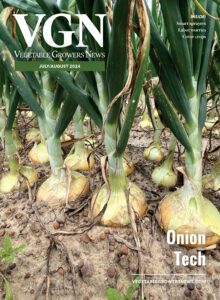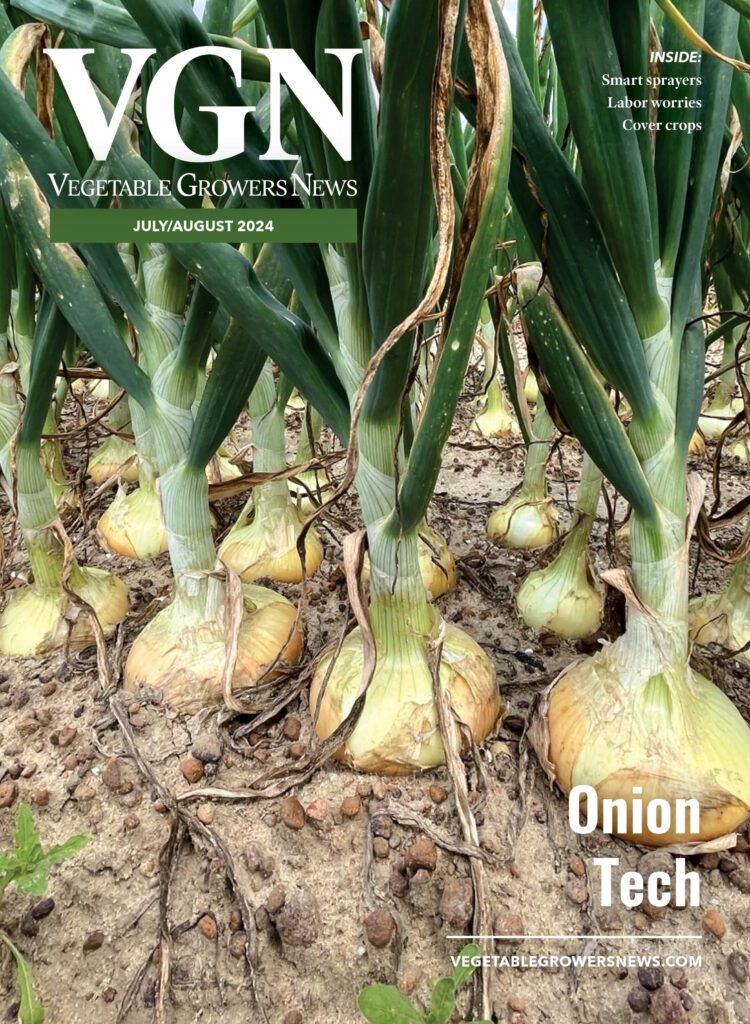Crop Protection
Lorsban should be available for 2019 use, MSU finds
Chlorpyrifos – sold under the trade name Lorsban – should be legal to use in fruits and vegetables for 2019. This insecticide is the main or only option for controlling key pests in crops including... more »
Hensley joins Helm Agro in marketing, development role
Helm Agro US has hired Adam Hensley as the company’s new marketing and business development leader. Hensley has extensive experience in the agrochemical industry with a proven track record in strategic brand planning, grower and... more »
BoteGHATM mycoinsecticide set by Certis, LAM grows
Certis USA has launched BoteGHATM mycoinsecticide for control of a broad spectrum of insect pests, including whiteflies, aphids and thrips on outdoor-grown vegetables, fruit, berries, tree nuts and other crops. The active ingredient of BoteGHA... more »
Certis USA named Member of the Year by BPIA
The biopesticide company Certis USA was named Member of the Year by the Biological Products Industry Alliance (BPIA) Oct. 14. Certis USA is charter member of the 15-year-old organization. The company was cited as a... more »
Helmstar Plus SC fungicide from Helm Agro gets California OK
Tampa, Florida- based HELM Agro US, Inc. has received California Department of Pesticide Regulations (CDPR) approval for its Helmstar Plus SC fungicide for use on selected crops in that state. According to the company, Helmstar Plus SC... more »
Statement filed by DowDuPont for Corteva Agriscience move
DowDuPont (NYSE:DWDP) filed Oct. 18 the initial Form 10 registration statement with the U.S. Securities and Exchange Commission for the separation of Corteva Agriscience, Agriculture Division of DowDuPont. Corteva Agriscience remains on track to separate... more »
AgBiome Innovations adds Bucci as chief operating officer
AgBiome Innovations, the commercial arm of AgBiome bringing plant protection solutions to market, said Oct. 16 that Toni Bucci has joined the team in the role of chief operating officer. Bucci joins AgBiome Innovations after spending 23... more »
UC Davis to research lettuce genetic resistance to downy mildew
The Foundation of Food and Agriculture Research (FFAR) has awarded Richard Michelmore, professor and director of the UC Davis Genome Center, its first research grant through the Crops of the Future Collaborative. This award builds on and... more »














